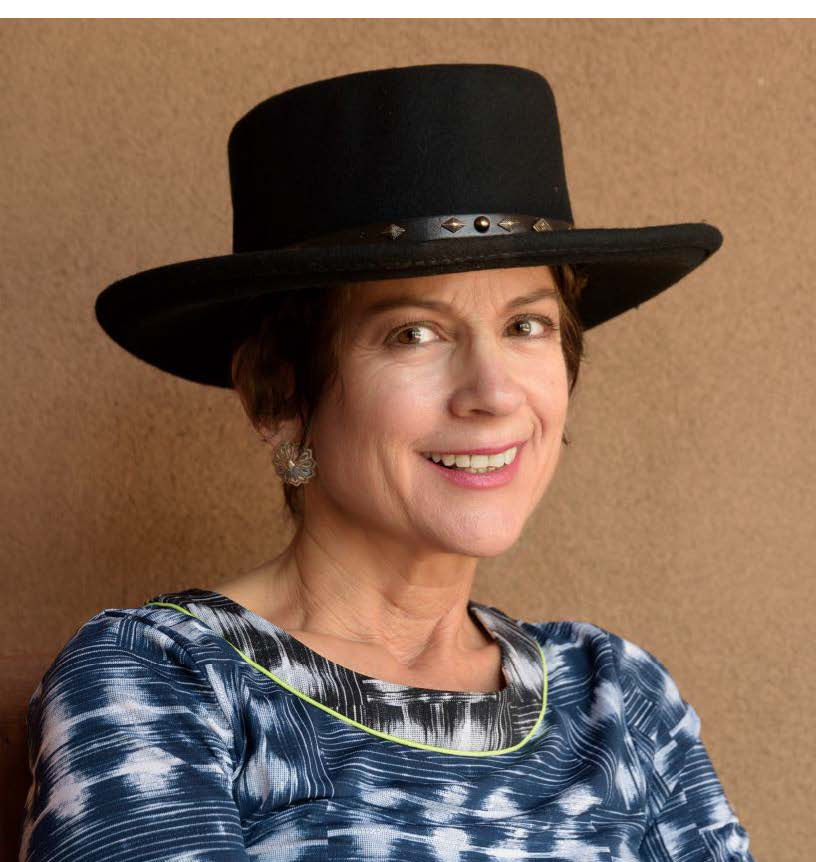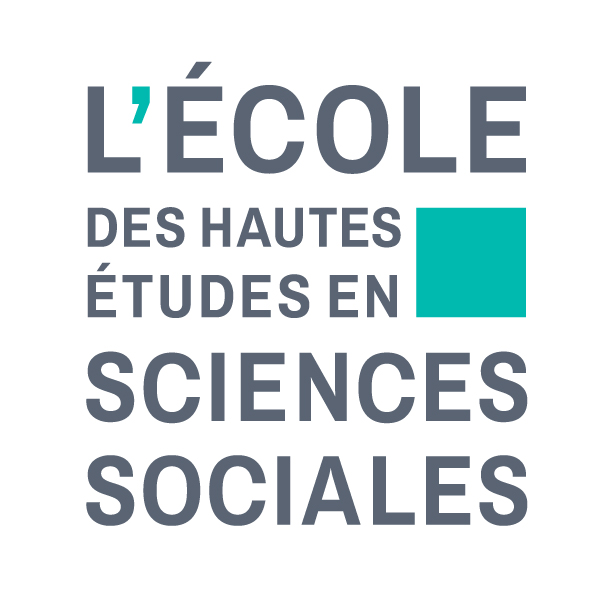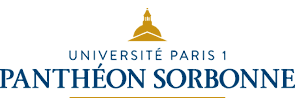Actualités du laboratoire | 2022-2024
Conférences de Pierrette Hondagneu-Sotelo, professeure à l'University of Southern California (USC)
Les 12, 18, 23 et 30 mai 2022
Pierrette Hondagneu-Sotelo is the Florence Everline Professor of Sociology at USC Dornsife, where she has worked for over twenty-five years. As a qualitative sociologist who relies on interviews and ethnography, Los Angeles and Southern California have provided a rich social setting for developing a research trajectory spanning four areas: Gender and migration; informal sector work in the immigrant city; religion and immigrant integration; and Latina/o sociology. Her recent research has tended towards inquiries focused on immigrant landscapes, narrative and place. She has authored, edited, or co-edited nine books and over fifty journal articles and book chapters on these topics. In 2015, she received the Distinguished Career Award from the American Sociological Association, International Migration Section, and in 2018 she received the Julian Samora Distinguished Career Award from the American Sociological Association, Latina/o Sociology Section.
Pierrette Hondagneu-Sotelo participe au Programme professeurs invités de l’EHESS.
Conférences
1. Religion, Spirituality and the Immigrant Rights Movement
Dans le cadre du séminaire "Révolutions et contre-révolutions en Amérique latine, des grandes révoltes andines à la Révolution mexicaine (1780-1920)", de Clément Thibaud.
• Jeudi 12 mai de 16h30-18h30
Campus Condorcet, l'Institut des Amériques, bâtiment Recherche Sud
Salle 4122, quatrième étage.
5, Cours des humanités, Aubervilliers
This lecture draws primarily on research from my book God’s Heart Has No Borders: How Religious Activists are Working for Immigrant Rights (2008), and if I am selected for a visiting professorship at EHSS, I will update this lecture with reports of how faith-based actors have responded to the recent human rights violations in deportations and detentions at the US-Mexico border, which have mostly been focused on Central American refugees and asylum applicants. There are two main points to this lecture: First, in an era when much attention has focused on religious fundamentalism and its capacity to incite violent conflict, this research revises our understanding of the role of religion in social movements and demonstrates the nonviolent power of religious groups to address social injustices. Second, the comparative aspect of this research—which focuses on Muslim American organizations defending civil liberties after 9/11, Christian activists responding to death and violence at the U.S-Mexico border, and Christian and Jewish clergy defending the labor rights of low-wage Latino immigrants—shows that activists from Judeo-Christian faith traditions are freer to rely on scripture and worship in their social movements (e.g., citing the Bible or the Torah as a key text supporting inclusion), while Muslim civil rights advocates must adhere to state-based texts (e.g., citing the U.S. Constitution) to show their legitimacy.
2. Sharing Ground & Carving out Gendered, Racialized Spaces of Home: Latinx Immigrants in LA public parks and community gardens
Dans le cadre du séminaire "Genre, migrations, territoires", de Camille Schmoll.
• Mercredi 18 mai de 12h30 à 14h30
Campus Condorcet, Bâtiment recherche Sud, salle 0.015
5, Cours des humanités, Aubervilliers
Lien de connexion : https://bbb.ehess.fr/b/cam-0gc-tr7-rfj
Inscriptions : Places limitées en présentiel, merci de bien vouloir informer Camille Schmoll de votre participation :
camille.schmoll@ehess.fr
This lecture would bring together themes developed in my prior research articles and conference presentations, together with reflections on what is happening with gendered patterns of immigrant exclusion the global north. Both Western Europe and the United States developed large scale programs for the importation of “temporary” male migrant labor in the mid-twentieth century, the Bracero Program of 1942-1964, which issued nearly 5 million contracts to Mexican men for work in the US, and the post-WWII Guest Worker Programs, which brought male migrant workers to France, West Germany, Switzerland and western European nations. By the late twentieth century, the permanent settlement of various immigrant communities provoked calls for expulsion, with the focus in programs such as Proposition 187 on “women and children first,” as they were seen as dependents, and drains on social welfare coffers (Hondagneu-Sotelo 1995). Yet as migrant labor needs in the global north shifted from industrial manufacturing to services, and away from masculinized jobs to femininized jobs (e.g., cleaning and caregiving in both institutional and private domains), the targets of calls for expulsion shifted away women and children, to villainized bad hombres and male terrorists, leading to a gendered racial removal program in the U.S. (Golash Boza and Hondagneu-Sotelo 2013). This lecture examines gendered shifts in immigrant expulsion campaigns in light of social, economic and political developments.
3. Paradise Transplanted: Migration and California Gardens
Dans le cadre de la "Journée Exorigins Project" autour de l’œuvre de Hondagneu-Sotelo organisée par Émilie Stoll.
• Lundi 23 mai 2022, de 10h15 à 12h30
Muséum National d’Histoire Naturelle, Amphithéâtre de Paléontologie
Galerie de Paléontologie et d’anatomie comparée
2 rue Buffon 75005 Paris
This lecture draws on research included in my book Paradise Transplanted: Migration and the Making of California Gardens (2014) and also from research I conducted more recently at two large urban community gardens in Watts, which will be included in the forthcoming book. In this lecture, I cover the development of urban community gardens, and focus on important dynamics occurring in immigrant community gardens located in poor urban neighborhoods. These are sites of homeland re-creations and recreation, places of cultural affirmation and belonging where people come together to improvise solutions to everyday problems. In the past, community gardens in poor, marginalized urban l neighborhoods were often threatened with demolition, but now many of these are supported and protected by agreements with municipal authorities, land trusts and NGOs. With the infrastructural support, however, new difficulties of democracy emerge, and I explore these tensions and trade-offs.
♦Voir le programme de la Journée d'étude
4. Roots and Raíces: Latino Immigrant Home-making in LA’s Historically Black Neighborhoods
Dans le cadre du séminaire "Nouvelles recherches nord-américanistes : séminaire du CENA", organisé par Romain Huret, Nicolas Barreyre et Cécile Vidal.
• Lundi 30 mai de 14h-16h
Campus Condorcet - GED - Salle 2.14
10, cours des Humanités, Aubervilliers
L'entrée est libre. Si vous ne pouvez pas vous déplacer et souhaitez recevoir un lien de visioconférence, merci de vous inscrire en cliquant ICI
This lecture draws from my forthcoming book, Roots and Raices: Building Community in a Changing South Los Angeles (2021), which is co-authored with Manuel Pastor. This is a multi-year, multiple researcher study, using qualitative and quantitative data, focused on the Latino immigrant transformation of LA’s historically Black neighborhoods, including Watts and South Central. We chart settlement trajectories and find first generation Latino immigrants expressing strong anti-Black racism, while the second generation pushes back against this, in favor of strong place-based identity and affinity with African Americans. In this lecture, I chart this process and suggest that the dominant paradigms used to study immigration (e.g., assimilation, transnationalism, and crimmigration/illegalities) offer inadequate explanations for this case, and instead I argue in favor of a framework emphasizing immigrant home-making and relational racialization.
 Actualités
Actualités
Journées d’études doctorales du laboratoire Mondes Américains
 Journée(s) d'étude - Jeudi 6 juin 2024 - 09:00Comité d’organisation (avec l'appui de l'équipe administrative de Mondes Américains) :Elisa Cerón (CRBC), Quentin Lacombe (CENA/LARCA), Samuel Libeau (CRALMI), Calixte Madej (CRALMI), Elie Pucheral (CERMA) et Érico Saad Campos (CRBC)Les journées d'ét (...)(...)
Journée(s) d'étude - Jeudi 6 juin 2024 - 09:00Comité d’organisation (avec l'appui de l'équipe administrative de Mondes Américains) :Elisa Cerón (CRBC), Quentin Lacombe (CENA/LARCA), Samuel Libeau (CRALMI), Calixte Madej (CRALMI), Elie Pucheral (CERMA) et Érico Saad Campos (CRBC)Les journées d'ét (...)(...)
Les Rendez-vous de Mondes Américains
 Rencontres scientifiques - Mercredi 24 avril 2024 - 09:00Le laboratoire Mondes Américains (UMR 8168) vous invite à la troisième édition des Rendez-vous de Mondes Américains, consacrés à la présentation, aux commentaires et à la discussion de quatre ouvrages récents et d'un film documentaire des (...)(...)
Rencontres scientifiques - Mercredi 24 avril 2024 - 09:00Le laboratoire Mondes Américains (UMR 8168) vous invite à la troisième édition des Rendez-vous de Mondes Américains, consacrés à la présentation, aux commentaires et à la discussion de quatre ouvrages récents et d'un film documentaire des (...)(...)
Entretien avec Marie Assaf, doctorante de l'EHESS, sur l’état de la recherche sur les politiques du handicap
Échos de la recherche -Doctorante de l'EHESS en Études Politiques (Centre d'études nord-américaines - Laboratoire Mondes américains), Marie Assaf travaille sur les politiques d'emploi à destination des personnes handicapées aux États-Unis. À travers son analyse ethnographique des pratiques et di (...)(...)
Mondes Américains -
UMR 8168
EHESS
2, cours des Humanités
93322 Aubervilliers cedex
France
Tél. : +33 (0)1 88 12 03 99
Communication :
T. +33 (0) 1 88 12 03 44





